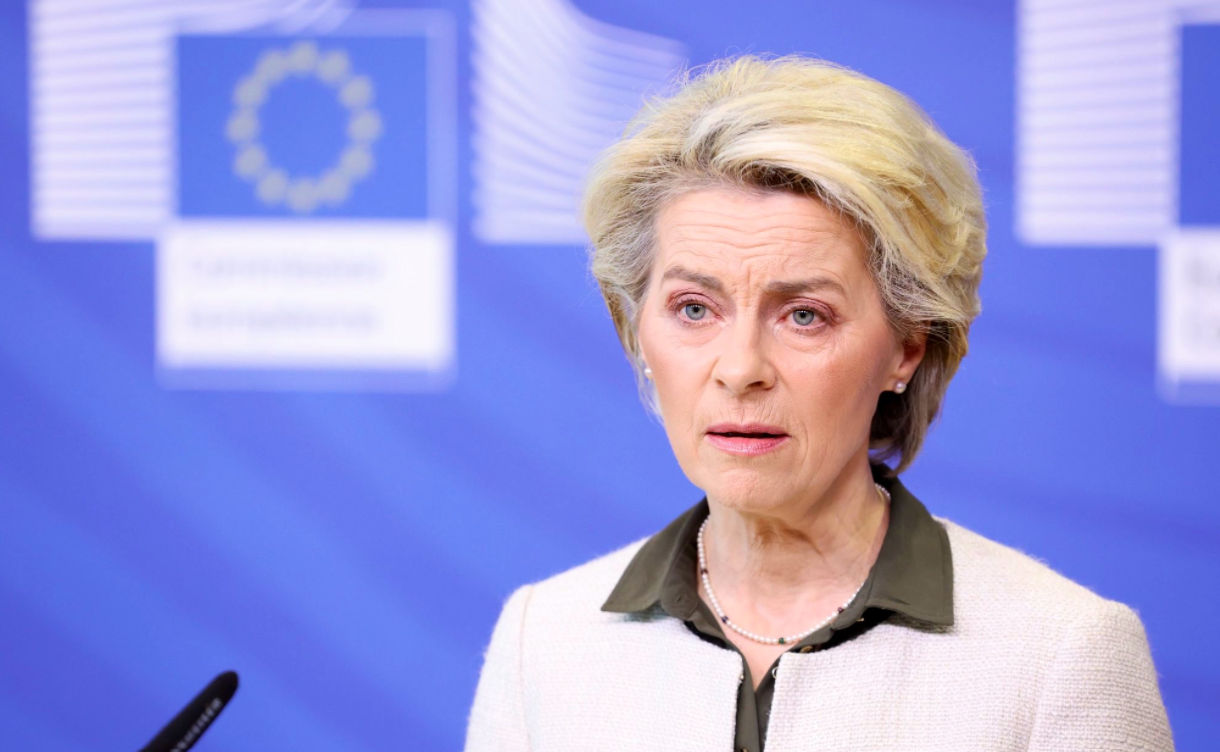The European Union is poised to resume its operations in Ukraine, and makes its diplomatic presence felt in the capital Kyiv, after moving it to Poland temporarily when Russia invaded, Reuters reported the bloc saying on Friday.
Matti Maasikas, head of the EU delegation in Ukraine, joined other high-ranking officials who visited on Friday and will remain in Kyiv to open the delegation again, while assessing the conditions for the return of their staff, as per the EU diplomatic service.
Also Read | ‘For the children’: Text found on missile used in Kramatorsk station attack
Josep Borrell, the top EU diplomat, believes this move will improve interactions between the union and Ukraine’s government, and allow the EU to provide help in supporting Ukrainian citizens.
Initially, the EU delegation was evacuated from Kyiv, and sent to the Polish city Rzeszow, a little after Russia invaded on February 24.
At the start of the assault, President Vladimir Putin’s troops had taken a pincer approach with troops entering from the north through Belarus, while attacks also took place in the southern part with cities like Mariupol and Melitopol seeing heavy action. Russian forces also entered through the east, which is the Donbas region, where Putin initially sent his troops as a “peacekeeping force” after recognizing the independence of the breakaway territories.
Also Read | After Bucha, Makariv in Ukraine reports 132 civilians killed by Russians
During this time, it seemed as though Russia might make a move to capture Kyiv, with troops gathering near the capital. However, with global aid and Ukraine’s grit, Russia found progress hard at the ground level. Thereon, the tactics switched to shelling, leading to horrifying civilian casualties.
Now, Russia has changed its tactics and troops have fallen back from the Kyiv and Chernihiv regions, which is one of the reasons why the EU has seen it fit to consider resuming operations in the capital. Russian forces are most likely to regroup and focus on a push in the Donbas region.
The EU has been supportive of Ukraine throughout, with aid packages and pushback against Russia via sanctions. Recently, the bloc joined the US and the UK in sanctioning Putin’s daughters in the aftermath of the Bucha massacre, where mass graves of civilians have surfaced in previously-Russian occupied towns, around Kyiv.







